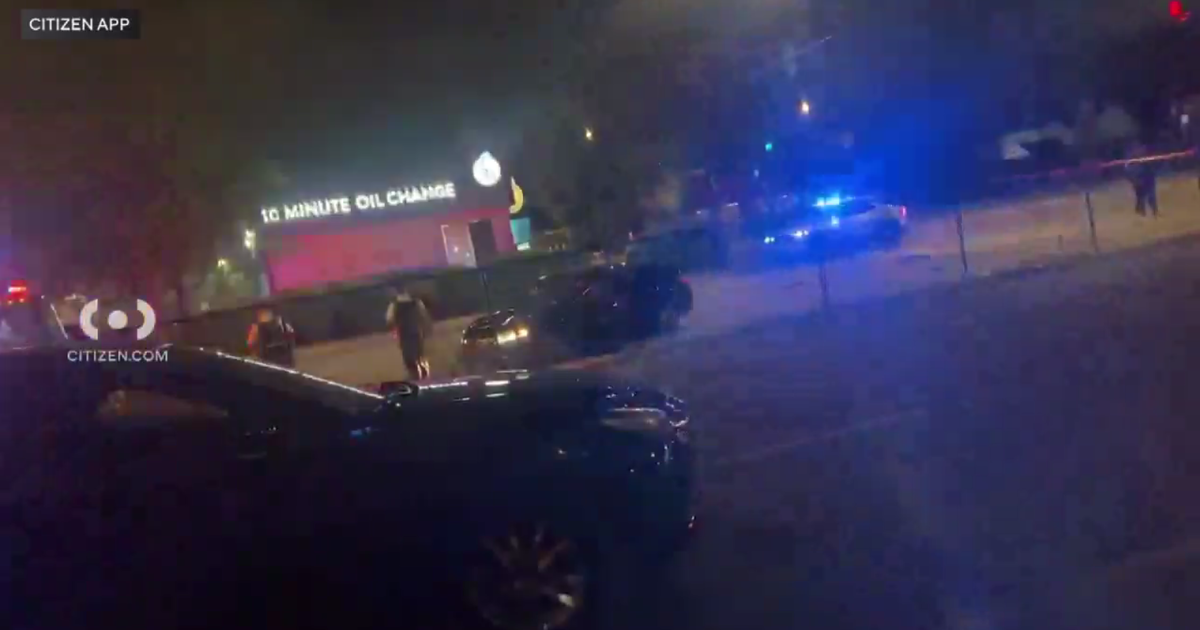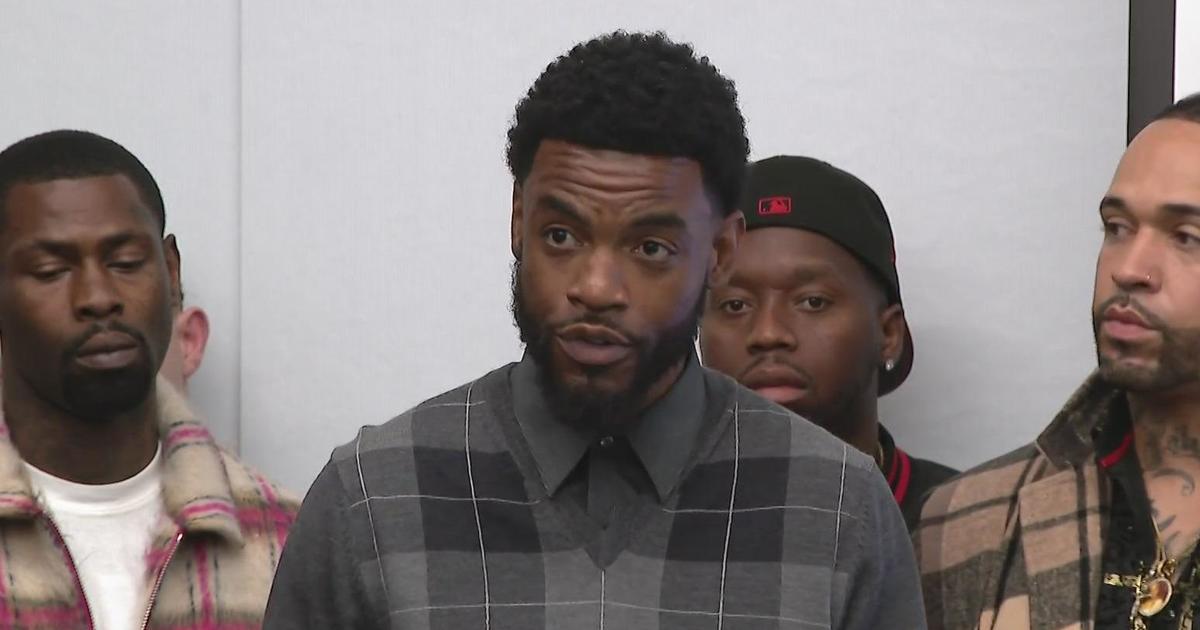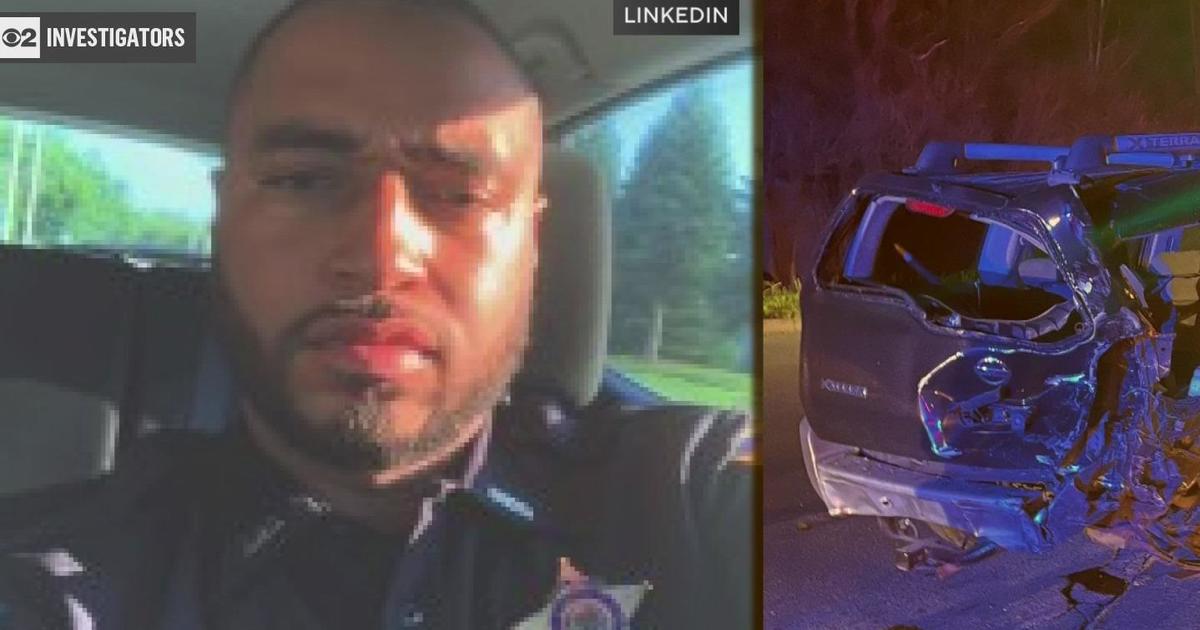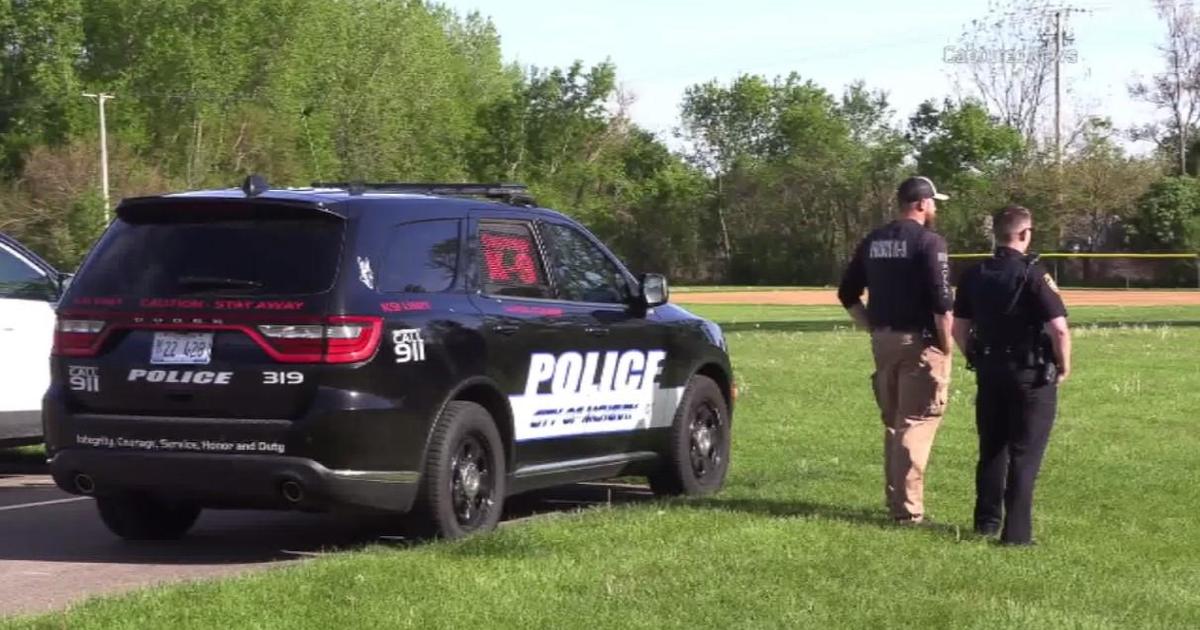Lollapalooza is a boon for fans, but could be a financial bust for Chicago taxpayers
CHICAGO (CBS) – A new 10-year agreement to keep the popular music festival, Lollapalooza, in Chicago was put together in days behind closed doors under the Lori Lightfoot administration.
A CBS 2 analysis of revenue from past festivals and projections based on the revised Chicago Park District permit revealed a surprising possibility: The event could bring in less money for the Park District and taxpayers over the next decade.
"When these things get done in the dark, it always ends up being a bad deal," said Ald. Brendan Reilly (42nd). Grant Park, where the fest is held, is located in his ward.
Past revenue
Through a public records request, CBS 2 obtained Chicago Park District revenue figures for the last decade. The data show Park District revenues increasing year over year from 2012 through 2019.
The festival was canceled in 2020 due to the COVID-19 pandemic outbreak.
Park District revenues peaked at $7.8 million when the festival relaunched in 2021 but dropped in 2022 to just under $7 million.
The analysis calculated Lollapalooza revenue based on those figures using the previous 11-year permit agreement fee schedule. Since 2016, the year the event expanded from three days to four days, total festival revenue shows a similar bump up and then a post-pandemic decrease.
The average annual festival revenue from 2016 through 2022, excluding 2020, is $60.7 million.
New contract, new calculations
"Lollapalooza is an intrinsic part of who we are as a city. I think it's a great investment for us," said then-Mayor Lori Lightfoot in July 2022 after the Park District negotiated the new deal. The negotiations were done without input from the City Council.
"We weren't given a briefing. No one sat down and asked for our input. Key items to renegotiate. This was simply done in a matter of days by the previous administration," said Reilly.
"Given how successful the event's been, I think that it would have been in the taxpayers' best interest to at least maintain the levels in the previous contract, if not raise them higher so the city would do better."
The new fee terms are based on varying percentages of the festival's overall revenue, which ties the city's fortunes to the festival's.
Using the average annual festival revenue since 2016 and that new fee schedule, it's possible Park District revenue could decrease each year for the next decade.
"It doesn't make a whole lot of sense to me," said Reilly. "Had it been more public, I think there would have been a lot more pressure on the Lightfoot administration and the Park District to get as much as they could out of this 10-year extension."
Loyola University Chicago Finance Professor Sukhun Lee checked the math.
"Under the current agreement, CPD's [Chicago Park District] revenue will decline if the festival total revenue stays the same or declines," Lee said.
Lee agrees that the current contract carries some financial risk, which should have been taken into account during the negotiation process. "They should have thought about the potential decline of revenue so they can eliminate that."
Lee determined, one simple change – no $1 million dollar per year adjustment in the festival revenue segments – could have eliminated the risk of declining revenues. "Park District revenue [would be] more likely to stay the same over time, not decrease."
He also calculated a scenario where the Park District could get more money over the next decade by factoring in a 2% inflation rate. "Then you see upward sloping revenue increasing over time."
Whether you factor in a 2% inflation or not, use an average festival revenue figure or the revenue figure from the festival's best year, the Park District appears to be headed toward making less money over the next six years compared to the last six years a festival was held.
The extras
Reilly said the festival provides another economic shot-in-the-arm, outside of Park District revenue. The boost for hotels, restaurants, post-concert venues, and other businesses is estimated to be more than $300 million each year.
This new permit agreement also added an extra $500,000 to improve tennis and pickleball courts in Grant Park.
"In the grand scheme of the deal, pickleball courts are great, but the Park District needs dollars and cents, so I would say maximizing the revenue opportunity is even more important than that. It should be both to be honest with you."
Some alderpeople – including Reilly–attempted to push through an ordinance last year requiring City Council review and approval for long-term contracts for mega events in Grant Park like Lollapalooza.
That effort stalled. But, Ald. Reilly says he and others will try again in fall 2023 under the new Brandon Johnson administration. "It's an incredibly valuable property that we shouldn't be giving away."
The Park District was shown and did not refute the analysis.



